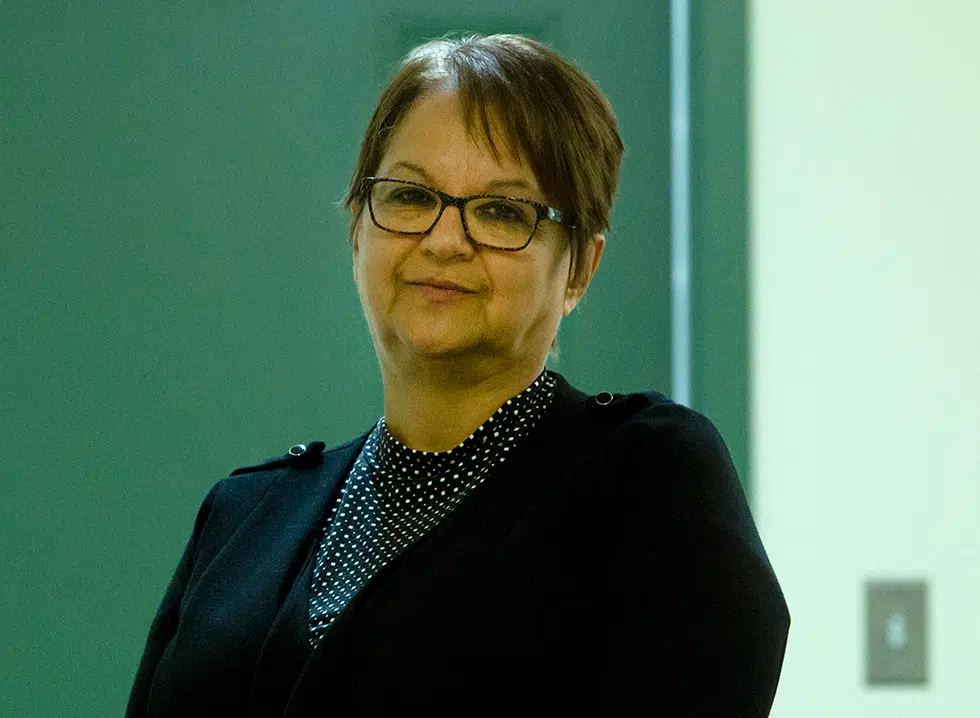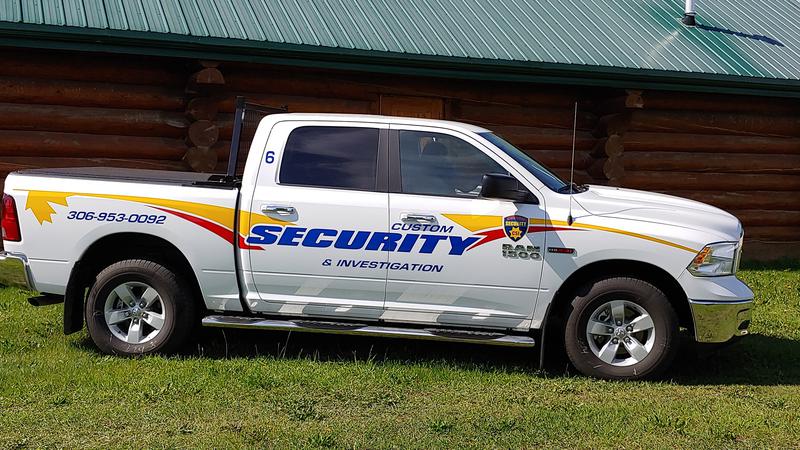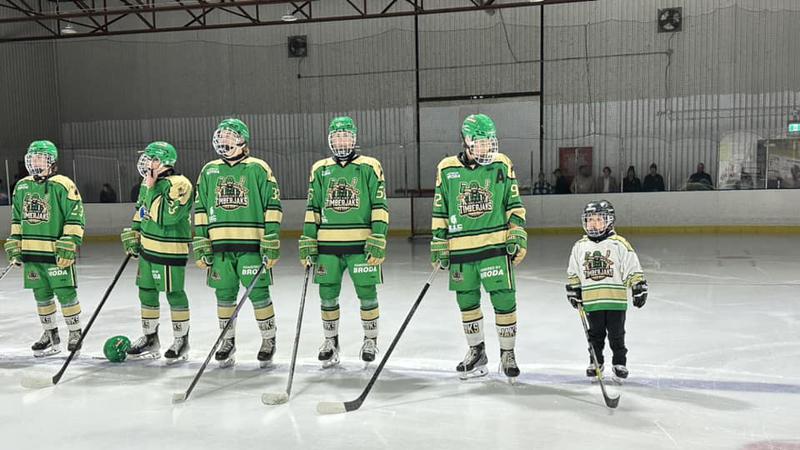
Muskoday First Nation striving to eliminate violence
“No longer will we turn a blind eye to violence. It is everyone’s problem and we must all find a way to be a part of the solution,” reads the Muskoday First Nation’s Action for Change webpage, and those are words members of the community are living by.
Muskoday, located about 20 kilometers southeast of Prince Albert, is becoming a leader in violence elimination programs in Saskatchewan.
June 20 will mark the fifth annual Violence Elimination Day hosted by Muskoday First Nation.
The origins of the day go back eight years, when Chief Austin Bear and council called together all of the directors of programming in the community and decided that violence in the community was an important social issue to tackle in Muskoday.


